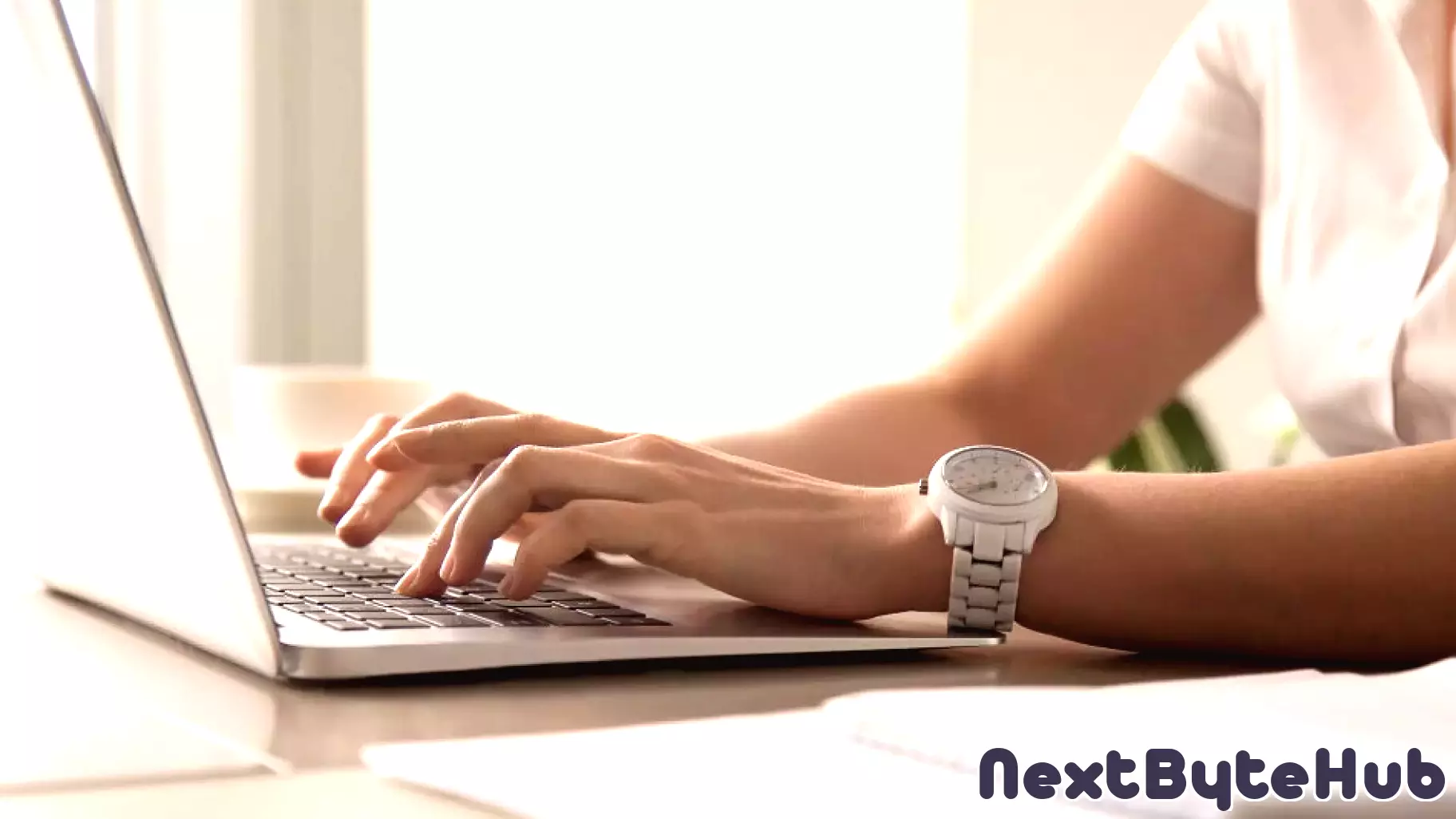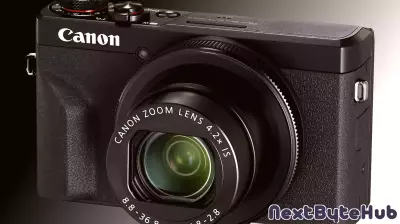The Future of Personal Assistants in a Tech-Driven World
January 25, 2025 - 06:49

Personal assistants have long been essential to the success of executives, managing a wide array of tasks including scheduling meetings and organizing travel plans with care and confidentiality. However, in today's technology-driven landscape, there is growing concern about whether these traditional roles are being supplanted by digital alternatives.
While advancements in artificial intelligence and automation are indeed transforming the workplace, the reality is more complex. Personal assistants bring a level of emotional intelligence, adaptability, and human touch that technology struggles to replicate. For instance, while scheduling software can manage calendars, it lacks the ability to gauge the nuances of interpersonal relationships or handle unexpected changes with grace.
Moreover, many organizations are finding that a hybrid model—where personal assistants work alongside technology—can enhance productivity rather than replace it. As such, the role of personal assistants is evolving, requiring them to adapt and leverage technological tools to better serve their executives. Ultimately, rather than being phased out, personal assistants may find themselves in a more strategic position, utilizing technology to amplify their effectiveness.
MORE NEWS

March 2, 2026 - 07:46
Canon: "New Technology" Compact Model is ComingPhotography enthusiasts and industry watchers are abuzz as Canon has released tantalizing hints about a new compact camera model currently in development. While full specifications and an official...

March 1, 2026 - 18:53
Digital Frontiers Reshape Montana's LandscapeThe spirit of innovation that once rode the rails into Montana is finding new expression in the digital age. Across the state, from sprawling ranches to remote mountain towns, modern technology is...
March 1, 2026 - 04:37
Silicon Valley Rallies Behind Anthropic in A.I. Clash With TrumpA significant rift appears to be widening between the federal government and the American technology sector, as industry leaders and workers rally behind artificial intelligence startup Anthropic....

February 28, 2026 - 04:58
Rare Disease Day: Revolutionising clinical trial enrolment and retention with technologyOn Rare Disease Day, the focus sharpens on the unique challenges of developing treatments for conditions affecting small, often geographically dispersed patient populations. A key industry expert...